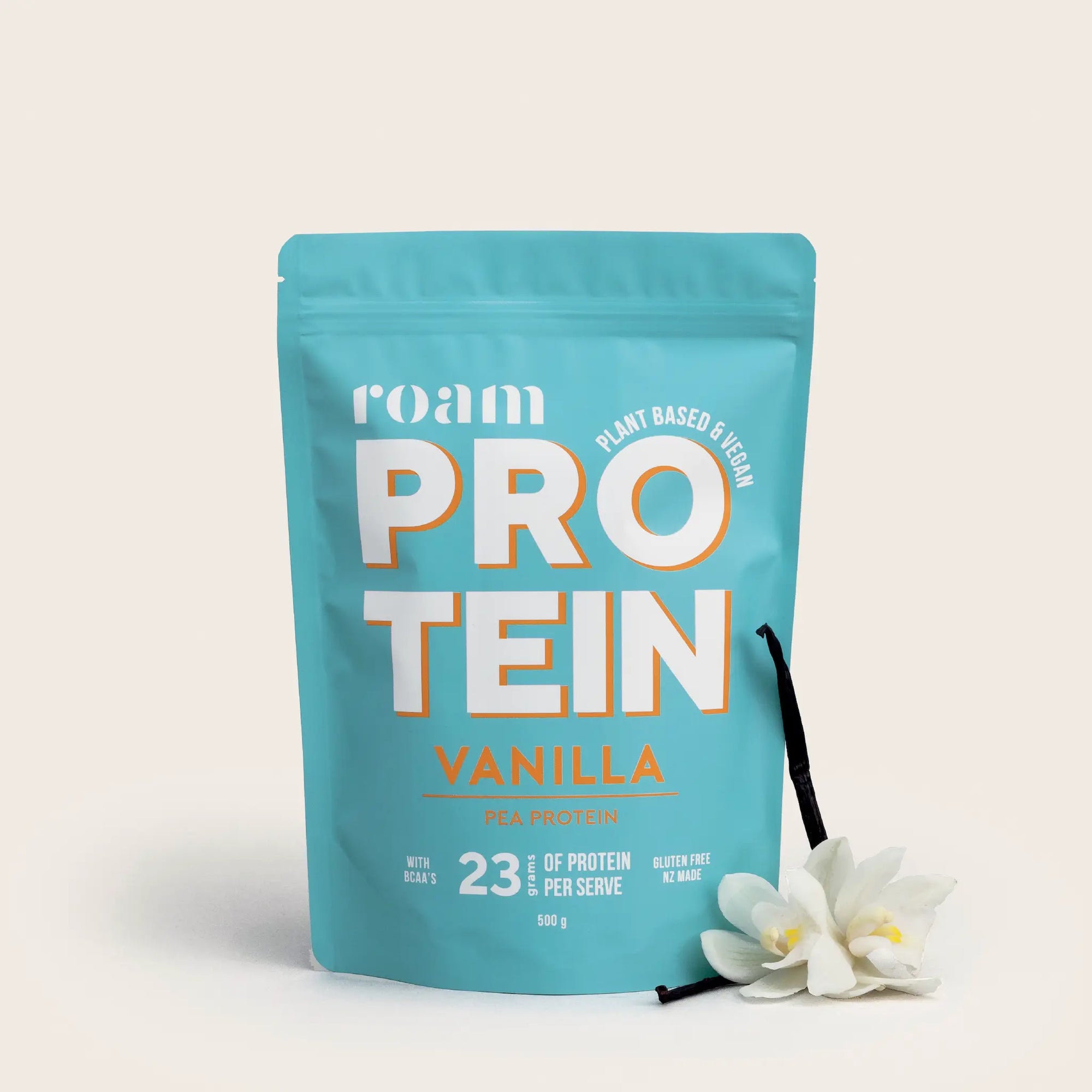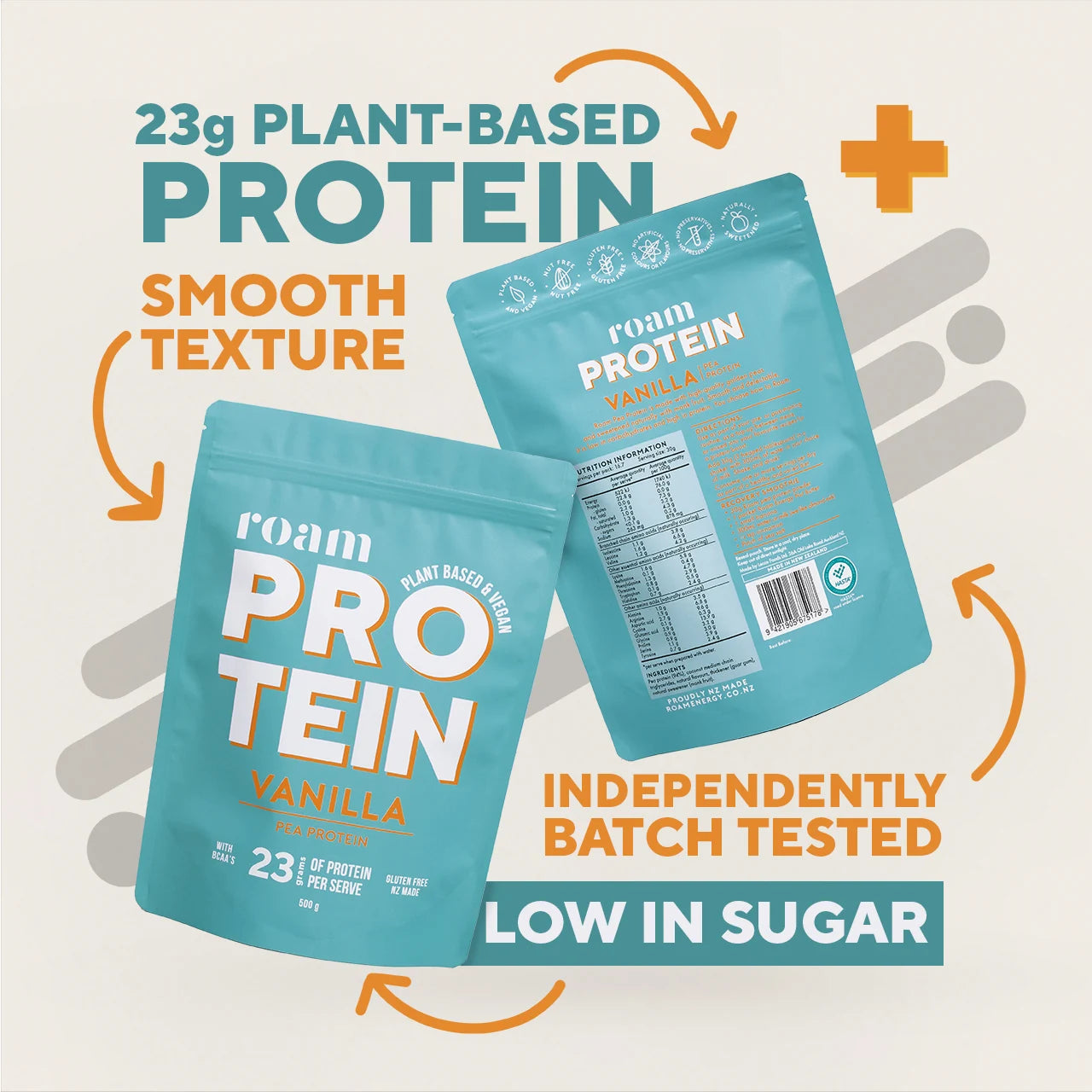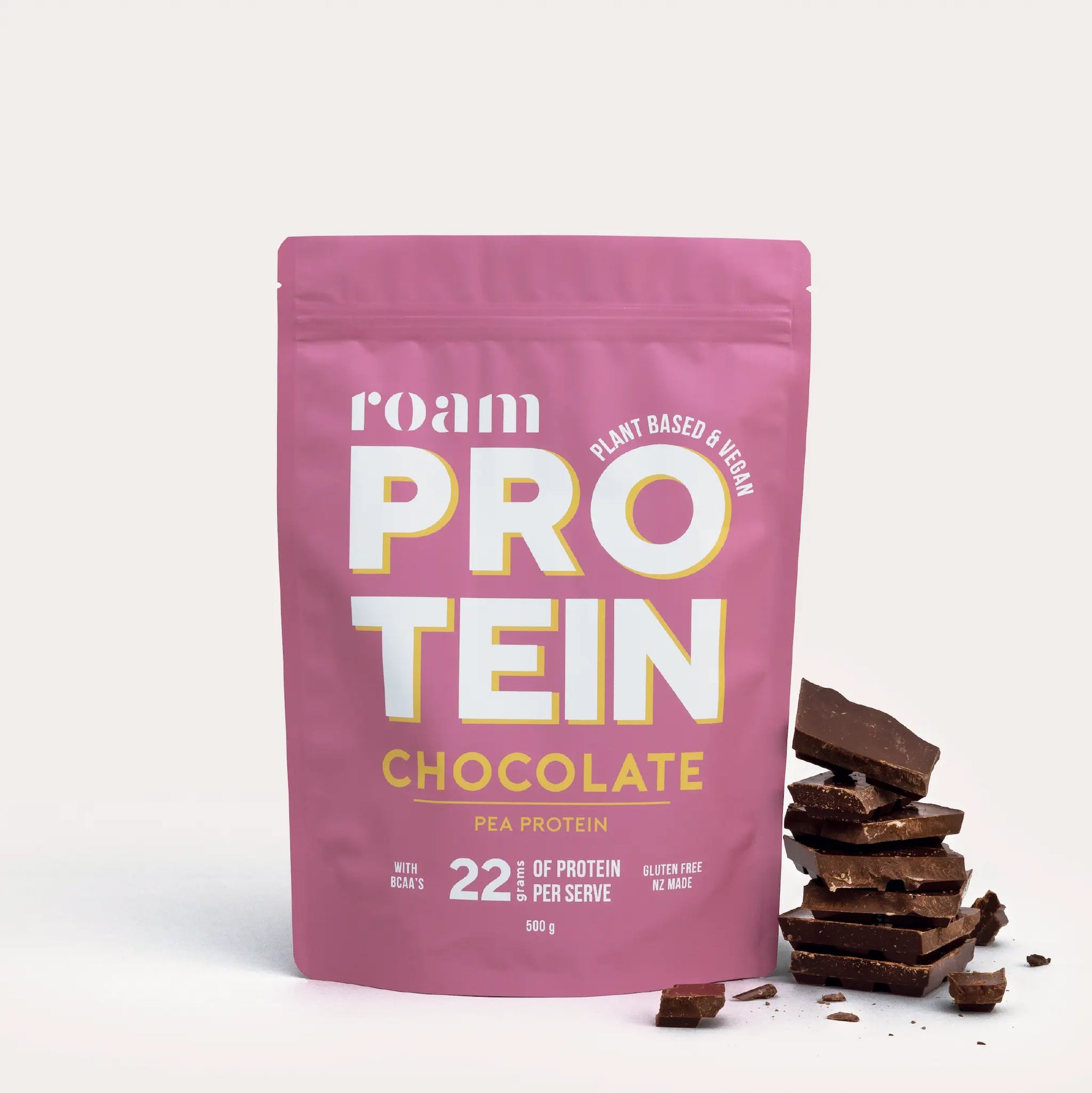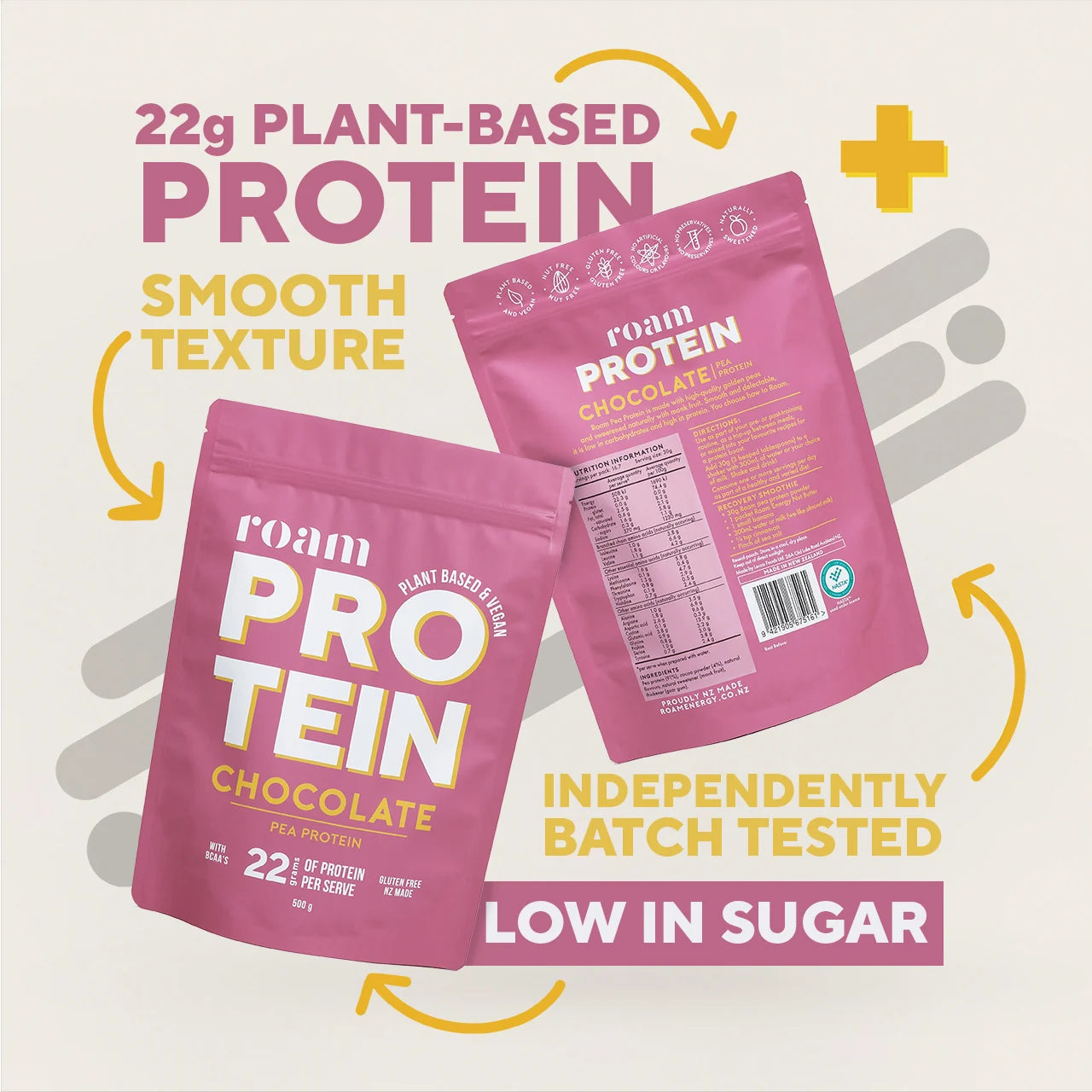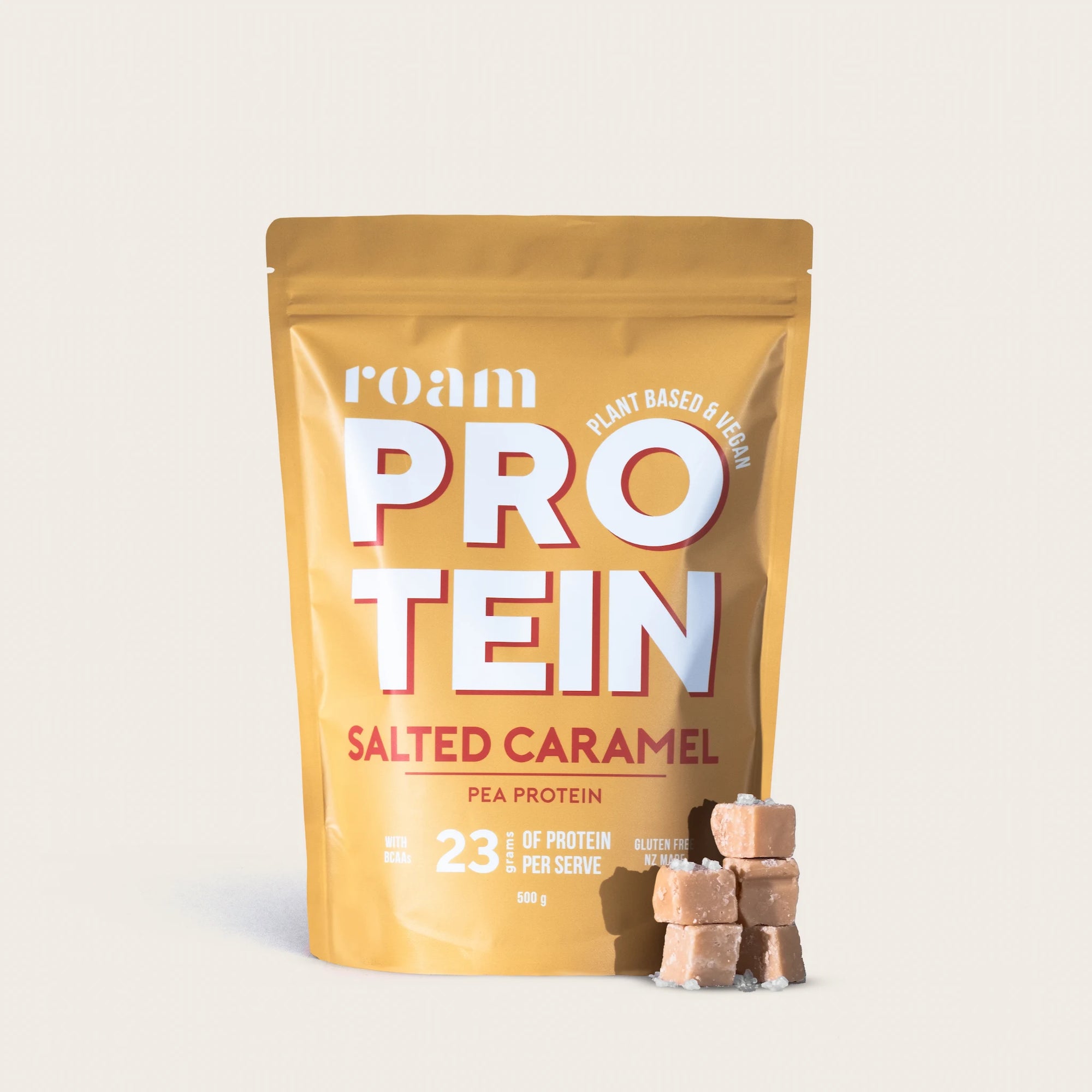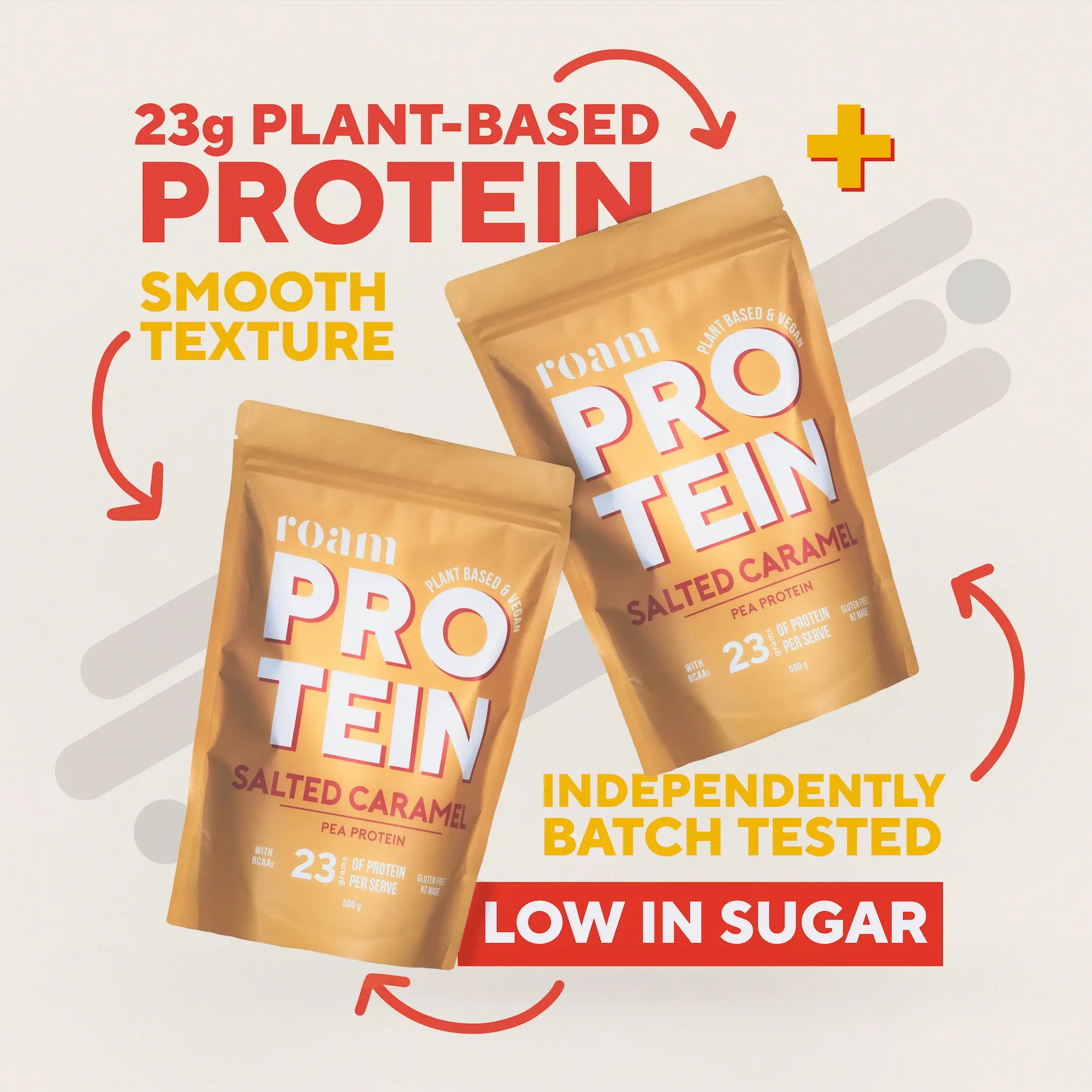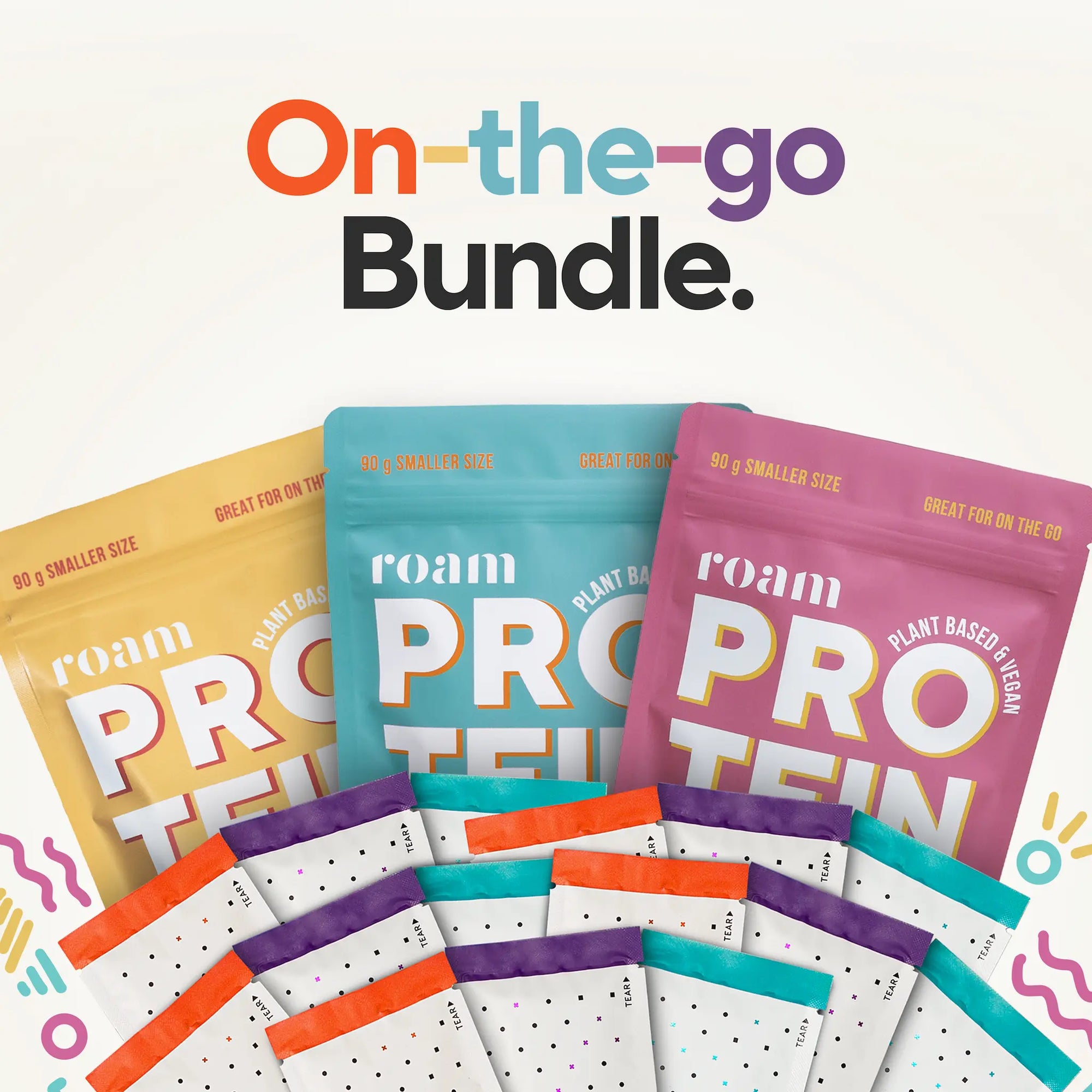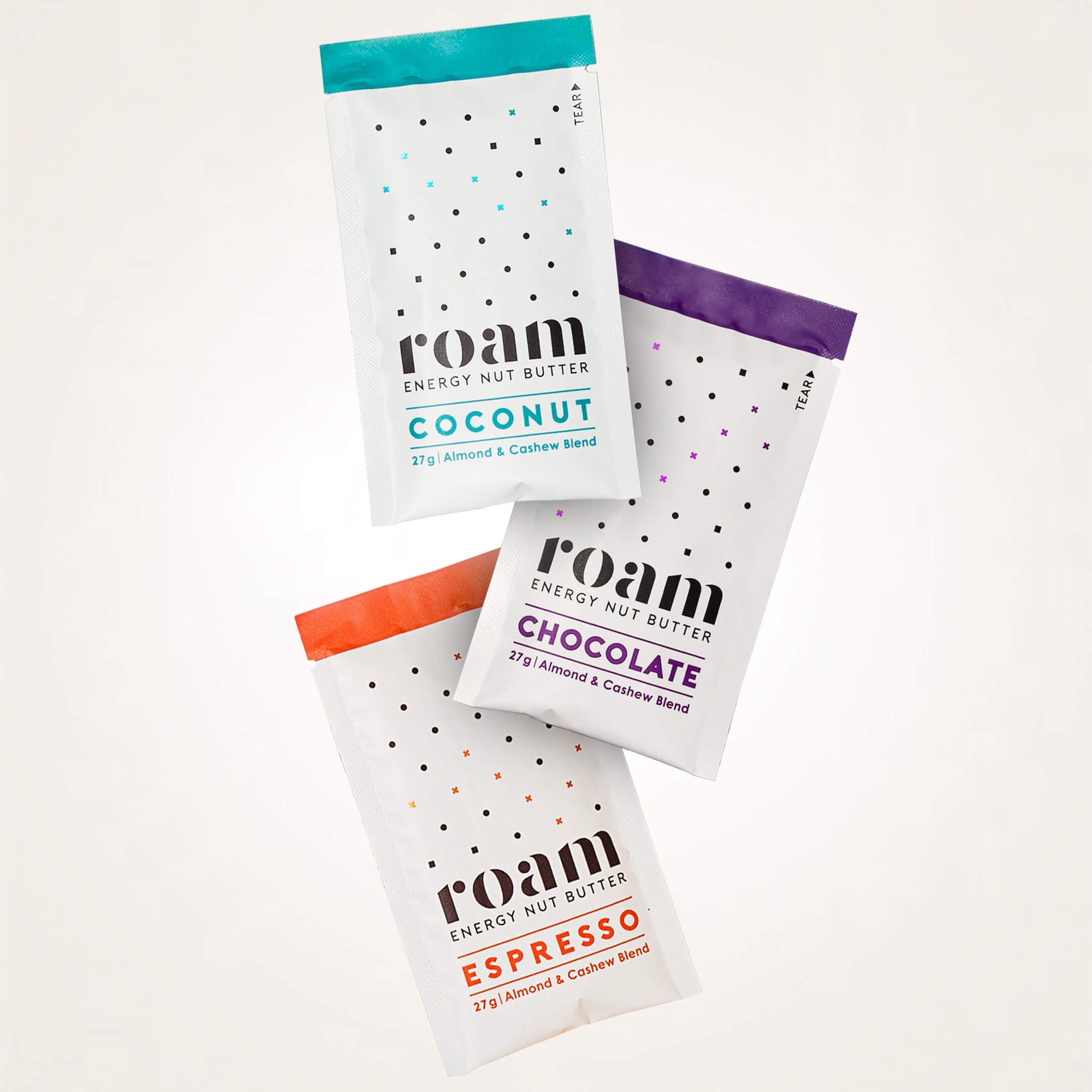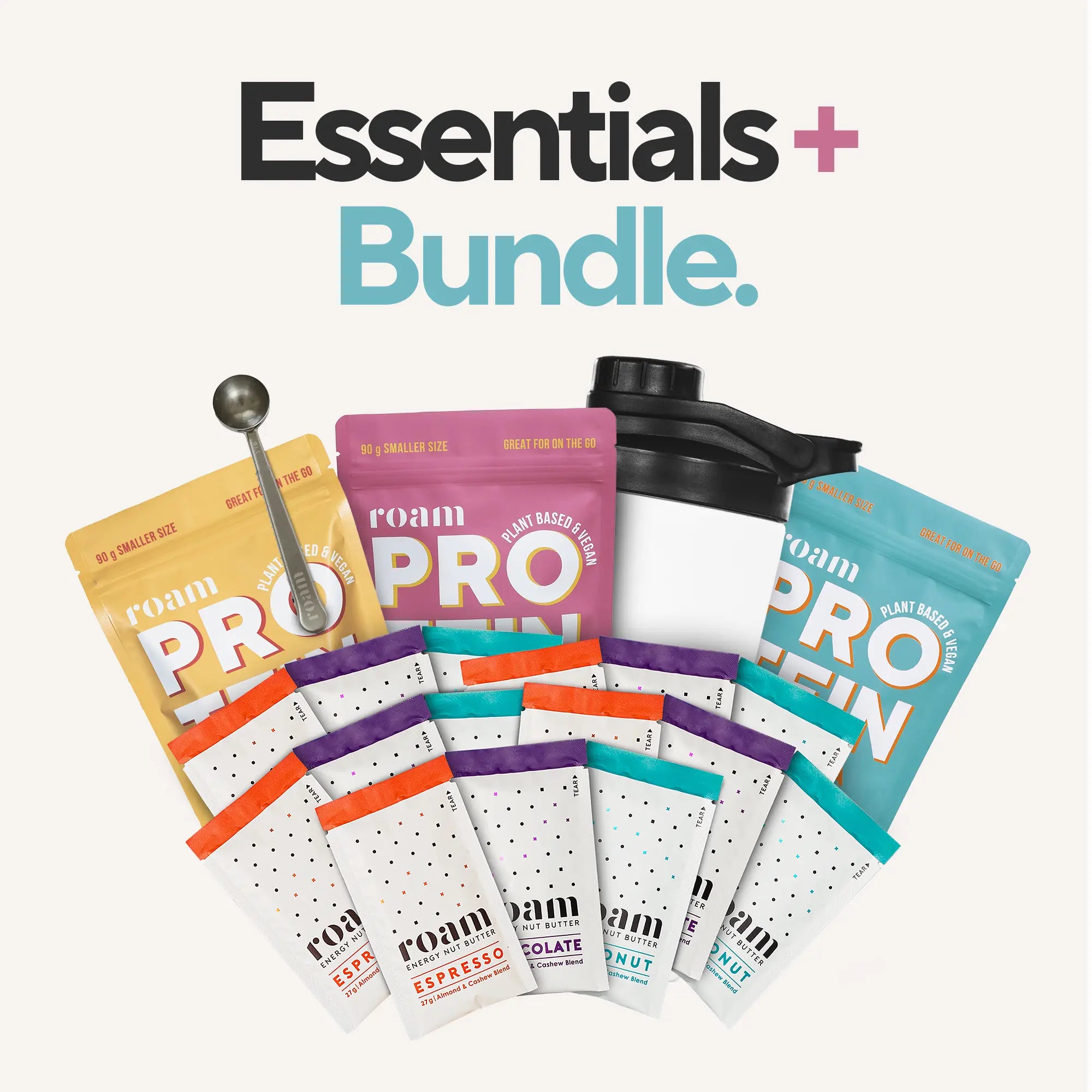The Shake Down
The difference between Meal Replacement, Recovery Shakes and Protein Shakes
an Australian and NZ Guide
When it comes to shakes, the options are endless: Protein Shakes, Meal Replacement Shakes, Recovery Shakes—the list goes on. So, what sets them apart, and which one is the best fit for your lifestyle?
Let's break down the differences to help you make an informed choice.
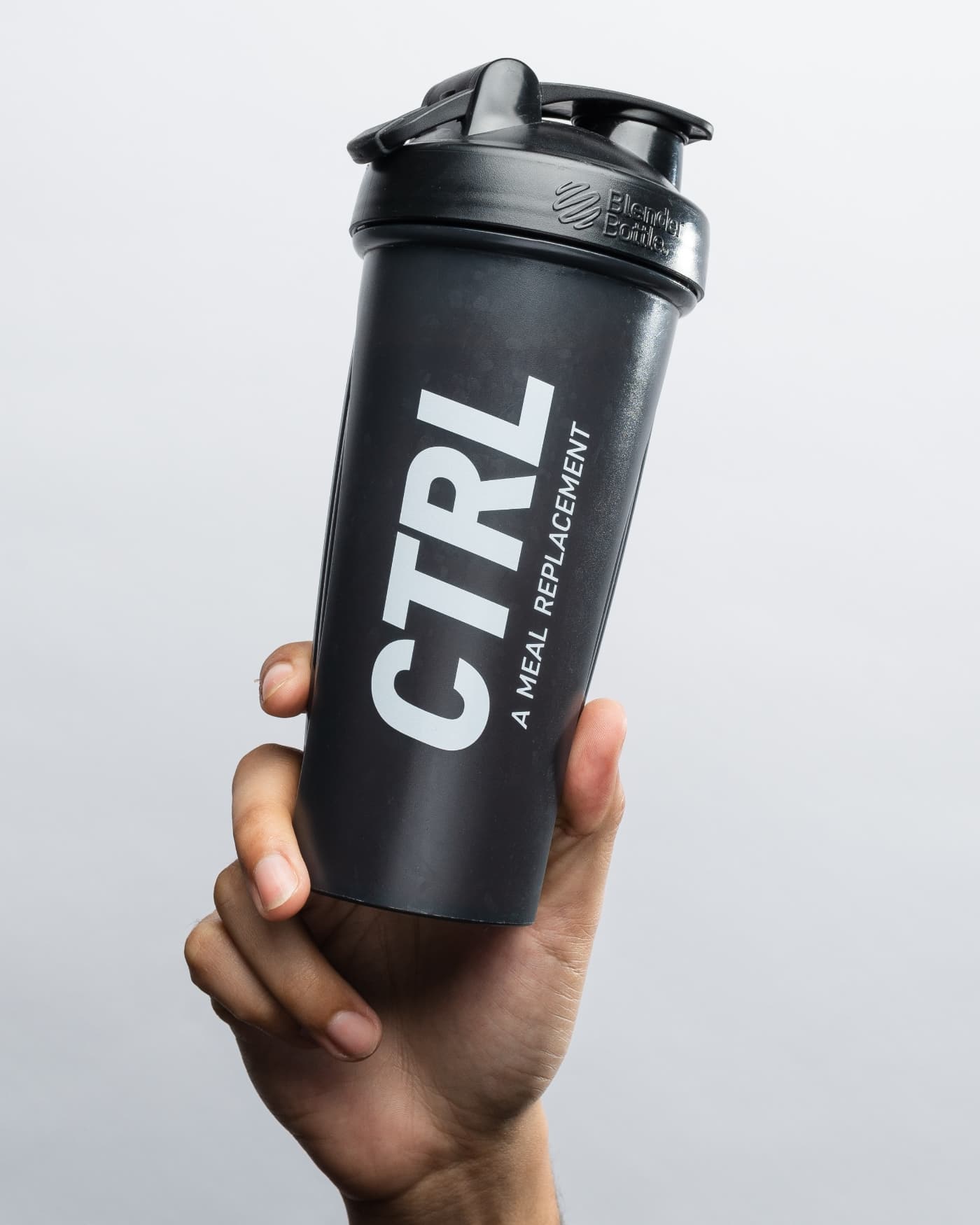
Meal Replacement Shakes
Meal Replacement Shakes - also called diet shakes, diet replacement shakes, food substitute shakes, or even meal replacement milkshakes - aim to provide the nutrients (carbohydrate, fat, and protein plus vitamins and minerals) found in a balanced meal.
Often marketed for weight loss and convenience, these shakes can be problematic.
Many popular Australian "weight loss shakes" or "meal replacement protein shakes" contain over 20 ingredients, many of which are highly processed.
Some shakes are even marketed as 'fat-burning' due to their caffeine content, but these claims are often misleading.
The Problem with Vitamins and Minerals in Shakes
While the list of vitamins and minerals may look impressive, there's no guarantee that your body will absorb them effectively.
Nutrients in whole foods work in synergy. For instance, vitamin E, found in nuts like almonds, is best absorbed with dietary fat, which nuts also naturally provide. This kind of natural synergy is often missing in fortified products like meal replacement shakes.
Whole foods provide antioxidants and phytonutrients, that are not present in these shakes.
And without strict regulation in the supplement industry, quality and efficacy of these nutrients are not guaranteed.
BETTER ALTERNATIVES TO MEAL REPLACEMENT SHAKES
Meal Replacement shakes can be useful in situations where you truly can't access fresh food.
But if you want to keep your carbohydrate intake low, try:
- A serve of Roam Plant Protein (<3g carbohydrates) with a piece of fruit and handful of nuts
- Rice crackers wtih cottage cheese and chopped vegetables
- Roam Energy Nut Butter paired with an apple
These options are satisfying, nutrient-rich, and far closer to whole food nutrition.

Recovery Shakes
Recovery shakes are designed for post-exercise nutrition, especially after endurance efforts. These shakes contain carbohydrate to replenish muscle glycogen, protein to assist with muscle repair, and electrolytes to replace salts lost through sweat.
Many brands rely on inexpensive sugars like sucrose and dextrose for their carbohydrate content. These sugars offer limited nutritional value or fibre.
Additionally, these products often fall short in providing the optimal amount of protein (20 to 40 grams) needed for muscle protein synthesis and muscle recovery.
BETTER ALTERNATIVES TO RECOVERY SHAKES
Pre-packaged recovery shake powders can be useful on-the-go, but there are better options out there.
Try a protein shake (or smoothie) that contains over 20 grams of protein. This will help with muscle recovery.
And rather than eating straight sugar, choose high-quality carbohydrate source, such as a banana or slice of wholemeal bread with a teaspoon of salted nut butter. This will likely be more satisfying.
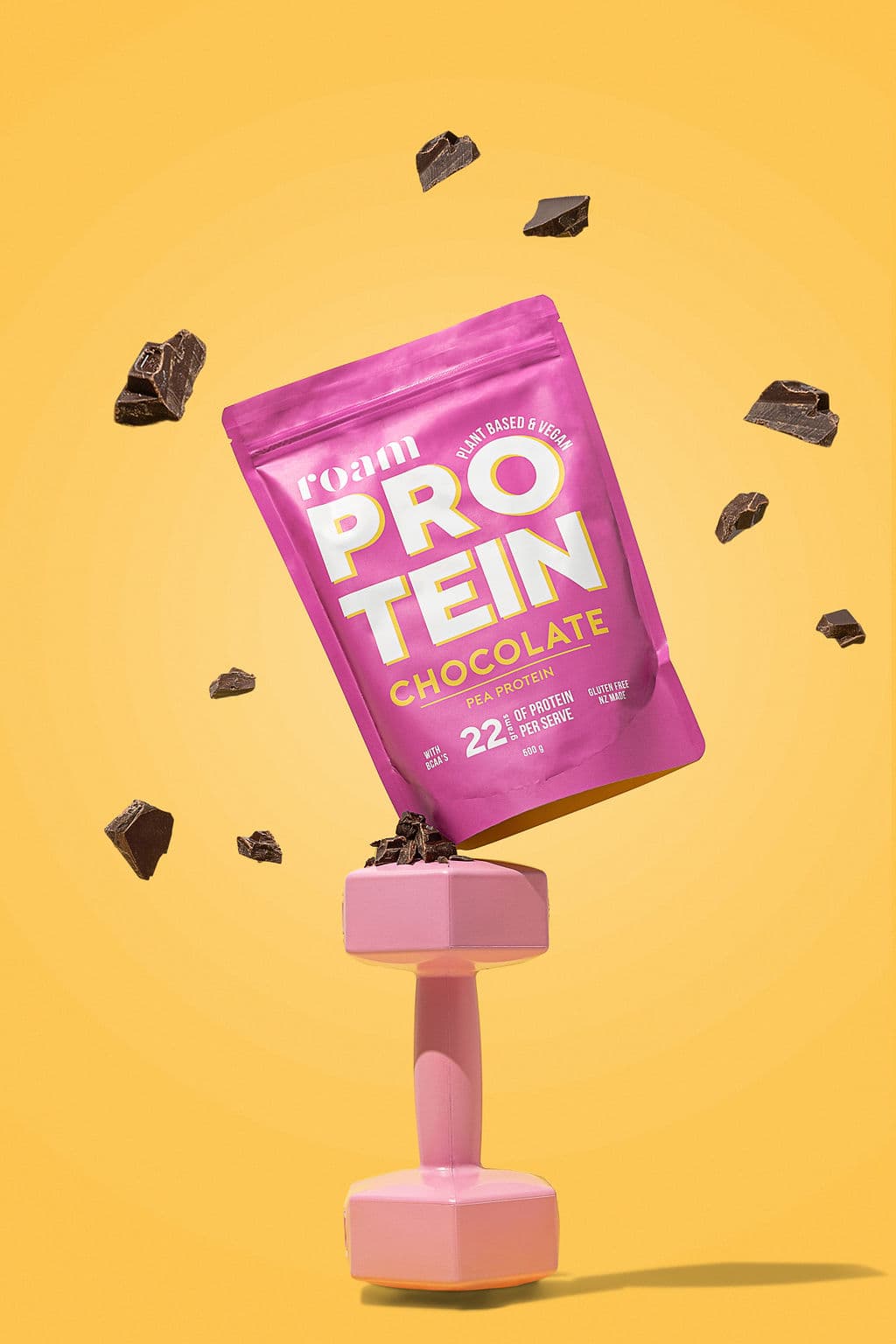
Protein Shakes
Protein shakes are available in both ready-made and powder forms. These shakes are primarily focused on providing protein, with lower carbohydrates and sugars than most recovery or meal replacement shakes.
While they're popular with gym-goers, protein shakes are useful for people of all ages and activity levels, especially endurance athletes. Adequate protein supports muscle maintenance, recovery, and satiety.
Why Roam Protein Stands Out
- Over 22 grams of plant-based protein per serve
- <3g carbohydrate, 2.5g fat
- Made with just five ingredients, including Canadian Golden Pea Protein Isolate and Monk Fruit for natural sweetness.
- HASTA certified - tested for 250+ banned substances
- Gut-friendly and easy to mix. Suitable for low FODMAP diets or people suffering from IBS.
- Free from common allergens like gluten, dairy, soy, and nuts.
Roam Protein is also a flexible option. You can consume it with water or milk, mix it into smoothies to create a whole-food meal replacement or recovery shake, and even use it in baking.
A Side-by-Side Comparison
| Protein Dose | Ingredient List | Ingredient Quality | |
|---|---|---|---|
| Roam Protein | Over 22g per serve Between the 20-40g of protein range for muscle protein synthesis post-exercise. |
Plant-based, main ingredient is pea protein isolate from Canada. | Independently batch tested and HASTA certified. |
| Leading Recovery Shake for Endurance Sport | 10g per serve |
10 ingredients Main ingredients are sucrose (table sugar) and dextrose - cheap sources of sugar. | No batch-testing for substances. |
| Popular Meal Replacement Drink in Australia | 30g per serve Between the 20-40g of protein range. |
Over 20 ingredients Three types of thickeners, 25 vitamins and minerals, | Not a sports supplement, no batch-testing. |
FAQ
A meal replacement shake contains a mix of protein, carbs, fat, and micronutrients to replace a full meal.
A protein shake focuses mainly on protein and is best paired with other whole foods for a complete meal.
Not exactly — recovery shakes have a higher carbohydrate content for glycogen replenishment, plus electrolytes for hydration. Usually the carbohydrate source is sucrose and/or maltodextrin, which are highly processed and not particularly satiating.
Yes — if you add whole food ingredients like fruit, veg, and healthy fats to round out the nutrition.
Give Roam Protein a try - add it to smoothies, baking, stir into porridge, yoghurt or cereal for a delicious protein boost to your everyday meals and snacks.

